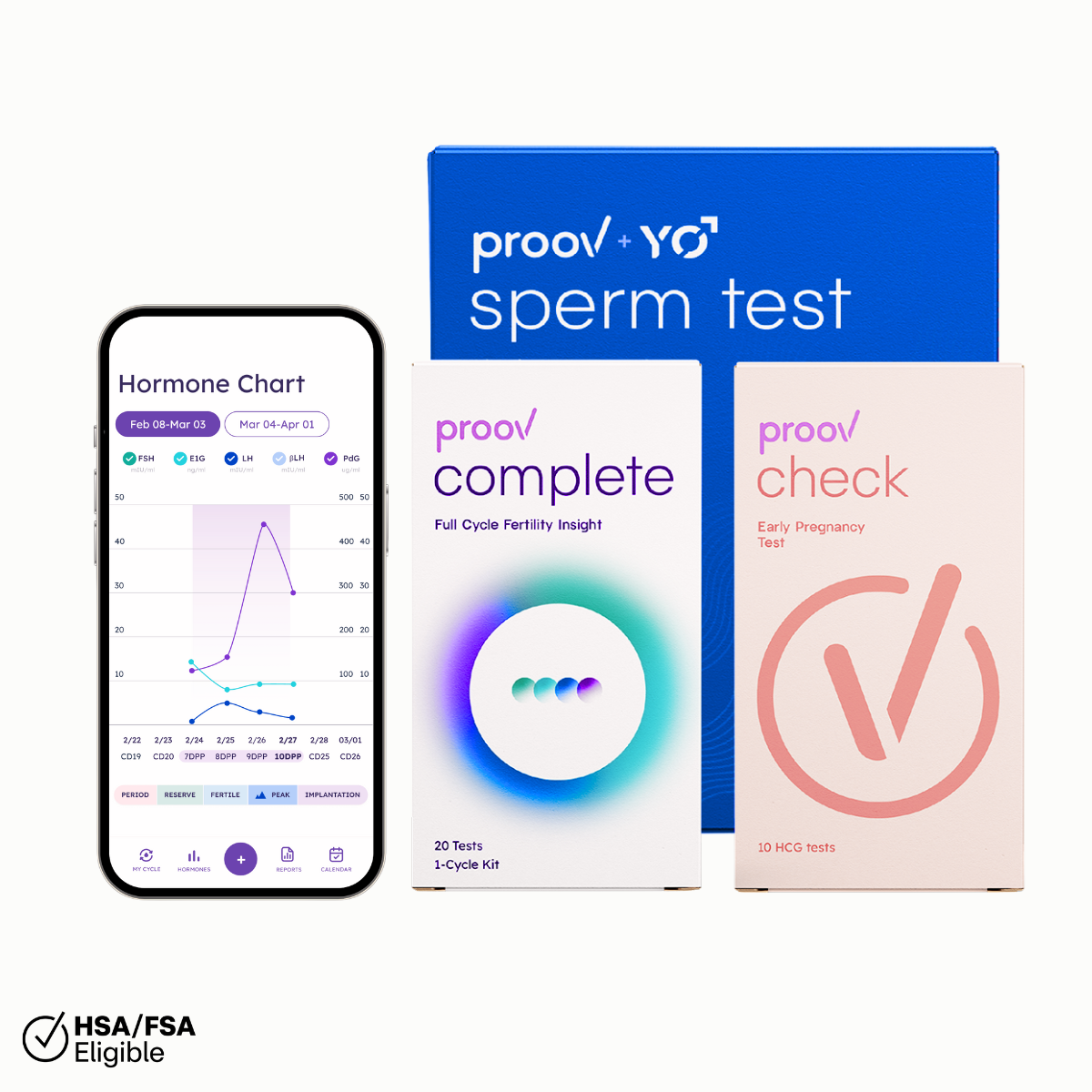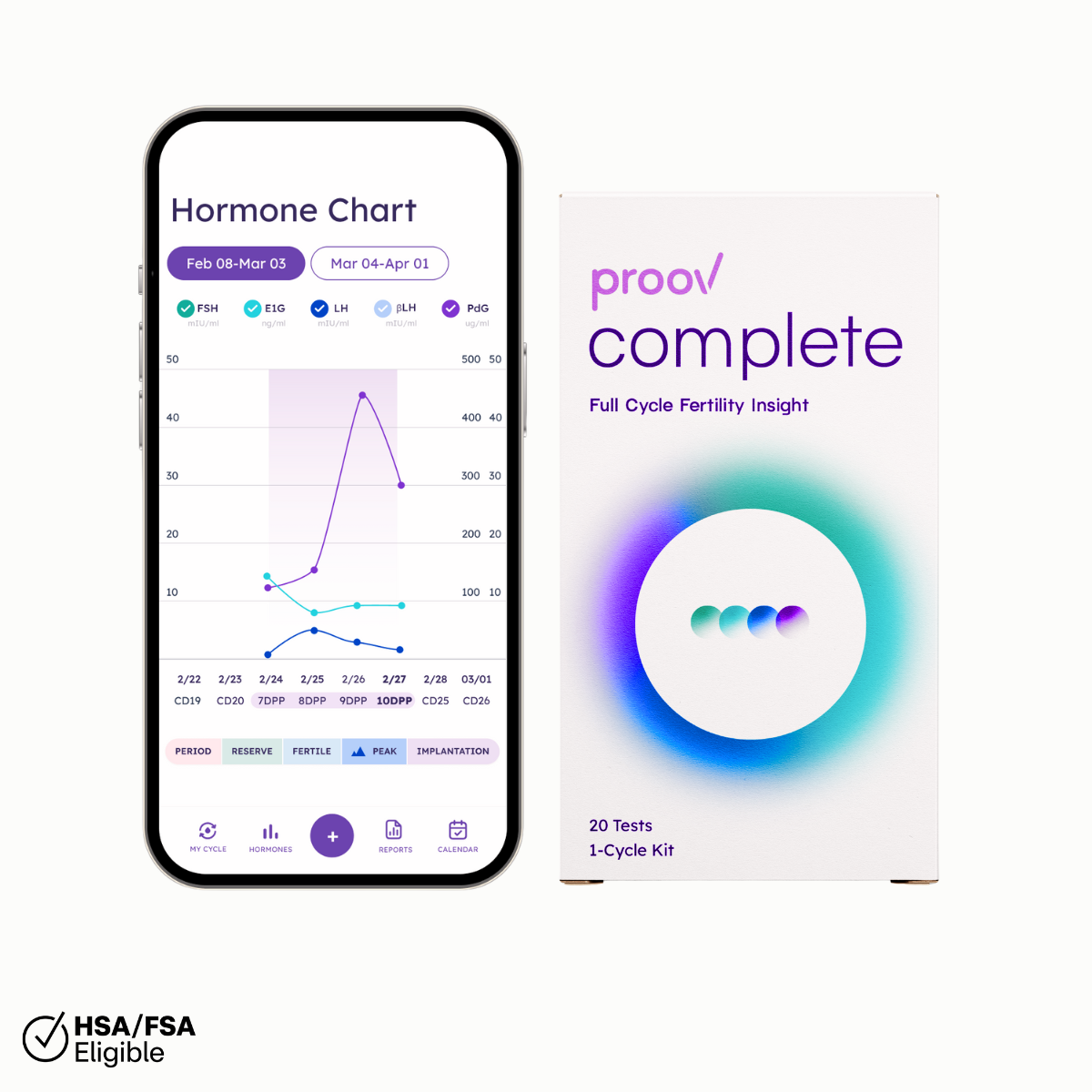Fertility and Age
With couples waiting longer to start their families, it may seem surprising that age has any effect on fertility — but it’s true! Women are only capable of conceiving a pregnancy until they reach menopause, but their fertility begins to decline in the years leading up to that transition.
Boosting Fertility Throughout Your 30s
By the time women reach age 35, OBGYNs consider them to be of “advanced maternal age.” But does this mean healthy pregnancies are impossible for women in their 30s? Absolutely not!
While there may be more roadblocks to conception for a woman in her 30s, there are also ways to boost her fertility naturally. Here are a few natural ways to boost your fertility:
1. Prioritize a Well-Balanced Lifestyle
It’s important to balance work with play and fun, and to incorporate intentional rest in your life. Trying to conceive can sometimes be a stressful time, but it doesn’t have to consume your focus and energy.
What are some fun or relaxing things you’d like to do before pregnancy? Now may be a great time to do them, too!
2. Understand Your Menstrual Cycle
When you want to understand your fertility, you must first understand your menstrual cycle!
Women are not fertile every day of the month. There is a small window of fertility each cycle when an egg can be fertilized by sperm, also called the “fertile window.” One of the best ways to increase your chances of conception are by appropriately identifying your fertile window.
Then, it’s important to know if you actually ovulated and whether or not it was successful. Successful ovulation – meaning ovulation occurred and post-ovulation hormone levels remained adequately elevated during the implantation window – can increase your chances of getting pregnant.
We recommend an at-home fertility test like Proov Complete, which measures 4 key hormones across your cycle to provide insight into your ability to get pregnant.

3. Maintain a Healthy Weight
It’s important to maintain a healthy weight for your particular body. It can be difficult to provide a specific guide for this, although BMI was an early attempt.
Research suggests a BMI less than 25 is a good general guide. Extra weight can hold on to extra estrogen, which can impact your hormonal balance.
Incorporating vegetables, protein (chicken, beans, etc), and healthy sources of fat (avocado, nuts, seeds, etc) and moderate exercise (like walking, yoga, or simple workouts) can do a lot to improve or maintain overall health, as well.
4. Manage Stress Levels
Did you know that the stress hormone, cortisol, can mess with your plans for pregnancy? When the reproductive system senses stress (through the production of cortisol) it may actually delay ovulation until that stress is over.
Practicing restful activities can help keep the cortisol level low. Some suggestions are yoga, meditation or prayer, time with good friends, and spending time in nature.
5. Consider Preconception Health Check-ups
As you prepare for possible pregnancy, it may be good to schedule a preconception health check up with your doctor. They can evaluate your overall health and look for flags of concern. Common things to be tested are glucose, thyroid, and blood clotting disorders.
They can also assess your lifestyle for environmental factors that may interfere with your plans to conceive, like alcohol or drug use or work environments that may be toxic.
Some OBGYNs may even run a hormone panel and check to make sure you’re ovulating. If you’re coming off hormonal birth control, it’s possible to conceive within one cycle, but it may take 3-6 months for your fertility to return. If you need an IUD removed, you’ll need to schedule an appointment with your OBGYN to have it removed.

6. Take Prenatal Vitamins
The ideal time to begin taking prenatal vitamins is actually 3 months before you conceive. This is when the woman’s reproductive egg is being recruited for initial growth.
There are many brands of prenatal vitamins on the market, but be sure to look for one with methylfolate in case your body has a hard time processing folic acid. Some prefer vitamins with iron, while others prefer those without. You can also ask your doctor for specific recommendations.
7. Understand Age-Related Factors
As women age, their odds of age-related reproductive health issues increase. Some possible health risks are pre-eclampsia, congenital defects, uterine growth restriction, or stillbirth.
When you are preparing for pregnancy, talk with your doctor about these concerns and ask if there’s anything you should be screened for before conception. They can help you walk through your options.

8. Communicate with Your Partner
Trying to grow your family is a big decision, and one that must be made together if you’re in a committed relationship. Discussing your plans and hopes can not only be a bonding activity, but can help prepare for practical aspects like doctors appointments, financial commitments, and even when to time intercourse!
Plus, his fertility can be impacted by age, too, which is why we always recommend he gets his sperm checked when trying to conceive.
Lifestyle Changes to Increase Chances of Pregnancy
When you are ready to conceive in your 30s, it may be beneficial to make a few lifestyle changes to increase your chances of pregnancy. This is a list to help you get started! Speaking with your doctor can help you discover if there are other, specific factors that you may want to consider, as well.
Do men need to make any lifestyle changes? Yep, it’s not just the women!
Their doctor may have similar recommendations, like taking certain vitamins or supplements, reducing or eliminating alcohol or smoking, and maintaining a balanced lifestyle and health. Men also need to be mindful of sources of heat, as heat can kill sperm. (All the more reason for him to take a sperm test!)













